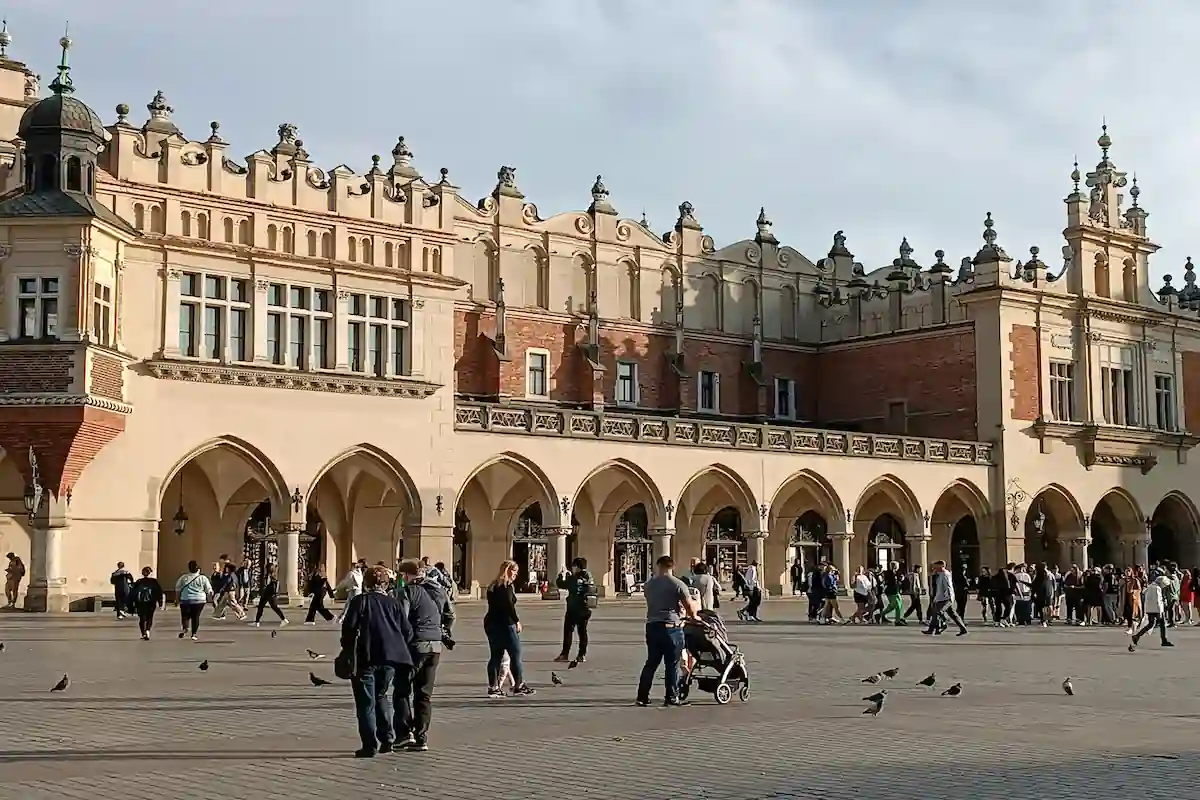Buying property abroad is an exciting prospect, but it often comes with a set of rules and regulations that differ from one country to another. For U.S. citizens looking to invest in real estate in Poland, the process is generally straightforward, but there are certain conditions to consider depending on your personal situation. In this article, we’ll explore three key scenarios: when a U.S. citizen has no ties to Poland, when they have Polish ancestry, and when they are married to a Polish citizen.
1. No Ties to Poland: Buying Property as a Foreigner
For U.S. citizens who have no family or ancestral ties to Poland, purchasing property in Poland is possible but subject to certain restrictions. The good news is that U.S. citizens, like most foreigners, are allowed to buy apartments without needing any special permits. This includes purchasing flats in urban areas, which are the most common type of property for foreigners.
However, if a U.S. citizen wants to buy a single-family home, a plot of land, or a property outside of city limits (including agricultural land or forests), they may be required to obtain a special permit from the Polish Ministry of the Interior. This permit process can be time-consuming and involves proving that the purchase won’t negatively affect national security or public interest. In most cases, this is a formality, but it can add complexity to the purchase process.
In Summary: U.S. citizens can buy apartments in Poland with relative ease. However, purchasing land or a house outside of city limits typically requires a permit.
2. Polish Ancestry: When You Have Polish Grandparents
If you have Polish ancestry—such as grandparents who were Polish citizens—you may be eligible for special privileges when buying property in Poland. Individuals with Polish roots may apply for Polish citizenship by descent. If granted, this would allow the U.S. citizen to purchase property without needing special permits, including houses or land outside of urban areas.
To apply for citizenship by descent, you would need to provide documentation proving your Polish lineage, such as birth certificates, passports, or other official documents from your grandparents. The process can take some time, but once Polish citizenship is obtained, the buyer is treated like any other Polish citizen in terms of property rights.
In Summary: If you have Polish ancestry and can obtain citizenship by descent, you’ll be able to buy property in Poland with no restrictions, including land and homes outside of city limits.
3. Married to a Polish Citizen
For U.S. citizens married to a Polish citizen, the process of buying property is much simpler. If your spouse is a Polish citizen, you can purchase property jointly without the need for a special permit, including single-family homes and land. The Polish government recognizes spousal rights, so being married to a Polish citizen essentially eliminates many of the hurdles that would otherwise apply to foreign buyers.
Additionally, if you reside in Poland with your Polish spouse for a period of time, you may eventually apply for Polish citizenship. Once granted, this would further simplify any future real estate transactions.
In Summary: U.S. citizens married to Polish citizens can buy property in Poland without needing any special permits, enjoying the same rights as their spouse.
Additional Considerations
- Financing and Mortgages: Foreigners, including U.S. citizens, can obtain mortgages in Poland, but the conditions may differ from those available to Polish citizens. Lenders may require a higher down payment (typically 20-30%) and may have stricter lending criteria. It’s also possible to secure financing through U.S. lenders who offer international mortgages, though this is less common.
- Tax Implications: U.S. citizens are required to report their worldwide income, including rental income from foreign properties, to the IRS. Additionally, property owners in Poland must pay local property taxes and may be subject to Polish income tax on rental income. Consulting with a tax advisor who understands both U.S. and Polish tax laws is recommended.
- Legal and Notarial Fees: When purchasing property in Poland, all buyers—foreigners included—must work with a notary to finalize the purchase. Legal and notarial fees typically range from 2% to 4% of the purchase price. These fees cover the legal transfer of the property and registration with the Polish land registry.
Here you will find information about the property purchasing process in Poland. If you need a real estate agent in Poland to represent the buyer’s side, see how we can assist you.
Conclusion
U.S. citizens can purchase property in Poland, though the level of complexity depends on their personal situation. Those without Polish ties can buy apartments easily but will need permits for certain types of properties, such as houses and land. If you have Polish ancestry or are married to a Polish citizen, the process becomes much more straightforward, as you’ll be able to buy property without restrictions.
Ultimately, for U.S. citizens looking to invest in Polish real estate, understanding the regulations and exploring your eligibility for any exemptions is key to making the process as smooth as possible. Whether you’re looking for a city apartment or a countryside retreat, Poland’s growing property market offers plenty of opportunities for foreign buyers.



